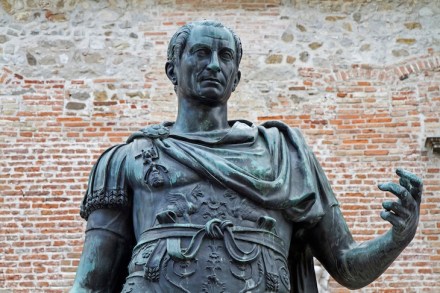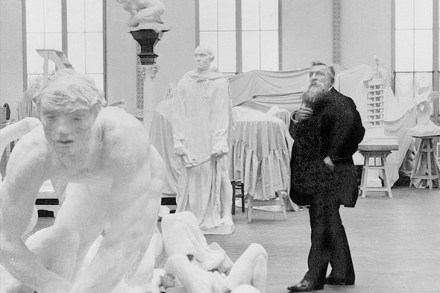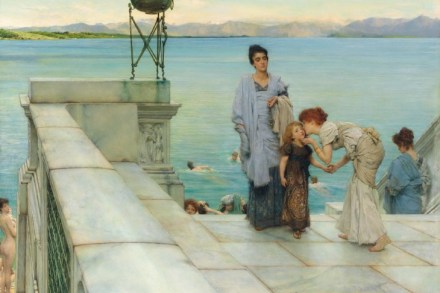Boris is facing his Sparta moment
The PM’s hero is the Athenian statesman Pericles, and a Periclean crossroads is now approaching. According to the biographer Plutarch, Pericles’ influence begins during Athens’s golden age, when its power was expanding at the expense of Sparta, its rival city-state. Though an aristocrat, Pericles turned himself into a populist, but took care not become too familiar a figure. He was seen in public only when on political business and generally kept a low profile (as Boris was accused of doing in last week’s Spectator editorial). Pericles then began to ‘borrow’ money on various pretexts, pouring it into public festivals, fees for public services and fabulous major building works (one of













